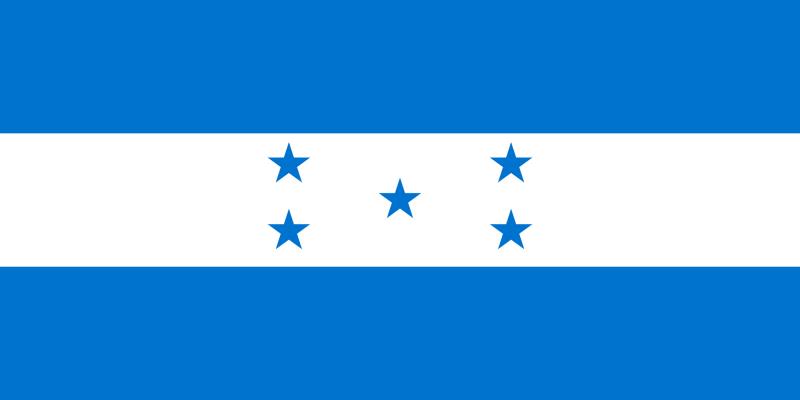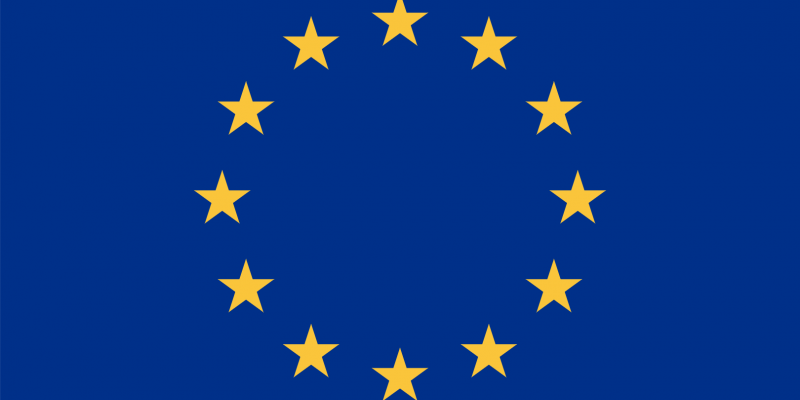Integrity Pact case study in Mexico: Social Witnesses
From Integrity Pacts to the systematic use of Social Witnesses
Transparencia Mexicana was one of the first Transparency International chapters to advocate for the use of Integrity Pacts to achieve corruption prevention and systemic reform of public procurement in the late 1990s. By 2000, the unique Mexican concept of the Social Witness (Testigo Social) was established. In 2004, the use of a Social Witness started to be regulated. Since 2009, Social Witnesses have been mandated to oversee public procurement above a certain threshold.
The Social Witness model demonstrates how the Integrity Pact concept is a flexible tool that can be adapted to national contexts.
According to Transparencia Mexicana, the Social Witness programme has significantly increased the number of bidders participating in public procurement tenders and therefore reduced the costs of public contracts in Mexico. As Mexico continues to reform its public procurement procedures, including expansions in the use of e-procurement for example, the Social Witness model is adapting and continuing to play a role in raising transparency and accountability for the benefit of all stakeholders, including citizens and the private sector.
The Social Witness model applied to the El Cajón and La Yesca dam projects
Transparencia Mexicana (TM) served as the civil society coordinator to appoint a Social Witness to oversee procurement related to two major dam projects in El Cajón (tender in 2002, construction completed in 2007) and La Yesca (tender in 2006/2007, construction started in 2008 and completed in 2012). The same Social Witness expert and approach was applied to both contracting processes.
When the El Cajón project started, the use of Social Witnesses was not yet regulated. TM therefore signed an MoU with the contracting authority outlining its roles and responsibilities as implementer and monitor of the dam project. TM appointed a well-respected engineer to serve as Social Witness for both dam projects.
TM also advised on the development of the text of the Unilateral Declaration of Integrity (UDI) – a signed statement similar to the text of an Integrity Pact. Here, the contracting authority and bidders participating in the tender sign the UDI, committing themselves to high standards of integrity as well as the obligation to share information with TM and the Social Witness. Although TM first advised that signing the UDI should be mandatory, it eventually made signing voluntary. Nevertheless, all bidders indeed signed the UDI. TM sees this as a positive sign of ownership and awareness of the UDI’s obligations.
The monitoring lasted for the duration of the contracting period only (not implementation). The Social Witness and UDI approach relied on existing sanctions mechanisms, which were not activated in these projects.
Impact in the dam projects
Application of the Social Witness and TM monitoring had an important impact in the El Cajón and La Yesca dam project tenders.
In the El Cajón project, TM received a report alleging irregularities and favouritism towards one bidder. TM investigated the complaint but did not find any proof of the alleged irregularities. The tender proceeded as planned.
After the contract award, there was an additional report in the press that the winning bidder did not meet the necessary requirements. Another bidder also complained about the fairness of the tender. TM investigated both claims, conducted interviews, analysed the documentation and concluded there was no merit to them. TM published its findings in a public report. The construction proceeded and the public relied on TM’s report as support that the complaints were unfounded and the tender had been awarded fairly and in accordance with the law.
In the La Yesca project, the first tender was issued in 2006, but none of the bids fulfilled the necessary requirements. In this context, TM and the technical expert worked with the contracting authority to revise the technical specifications in a fair and transparent manner. A second tender proceeded in 2007 and the contract was awarded with construction starting in 2008. Again, TM and the Social Witness played a critical role in ensuring fairness and transparency in the tender proceedings.
Sustainable impact in public procurement in Mexico
The Social Witness approach has been institutionalised by Mexican law and regulations. Their use is mandated in public procurement projects above certain thresholds.
Two features of this model are particularly important for potential replication elsewhere.
- The public procurement agency oversees the appointment of Social Witnesses. Social Witnesses must apply through a public tender and are vetted, appointed and then listed on a public website. Where a Social Witness is required by law, the public procurement authorities will appoint one of the Social Witnesses from this transparent roster.
- Social Witnesses are paid by the public procurement authority. The professionalism and transparency of how Social Witnesses are paid contribute to the model’s success.




